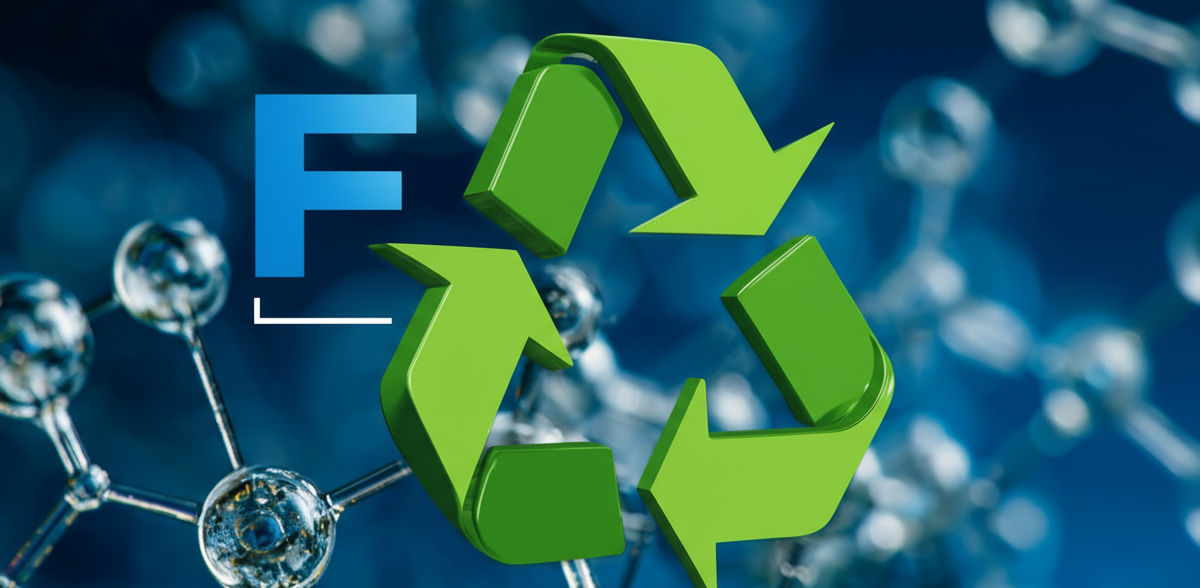Recyclable Fluorine Improves Properties of Degradable Polyester Plastics
"Our findings demonstrate how targeted molecular modifications can fundamentally alter the properties of plastics"
Advertisement
Incorporating fluorine into certain polyesters accelerates polymer chain formation, makes longer chains accessible, and enables targeted modification of the material’s properties. As a result, fluorinated polyesters become more competitive with other types of plastics, while the fluorine can be recovered during degradation. This is the conclusion of a research team led by the University of Bayreuth, published in the journal Angewandte Chemie.
A research team led by Prof. Dr. Alex J. Plajer at the University of Bayreuth, in collaboration with researchers in Berlin, has recently developed a new class of fluorinated polyesters that degrade more easily than conventional polyesters due to the integrated fluorine. In a follow-up study, they have now succeeded in further developing these fluorinated polyesters, making them more competitive with other types of plastic. “Fluorinated polyesters are particularly interesting because fluorine, as the most electronegative element, attracts electrons extremely strongly. This allows us to create materials with fluorine that would be hard to imagine with other elements,” says Plajer.
In their new study, the researchers found that fluorine not only speeds up the polymerisation process compared to analogous polyesters without fluorine; it also results in longer polymer chains that entangle more effectively, making the plastic more mechanically robust. “What’s especially exciting is that we can selectively replace certain fluorine atoms in the polyester with other molecules. This allows us to precisely control the properties of the polyesters,” explains Plajer. Furthermore, the fluorinated polyesters offer a sustainable approach, as the fluorine can be recovered during a chemical recycling process in a form usable by the chemical industry.
“Our findings demonstrate how targeted molecular modifications can fundamentally alter the properties of plastics. Integrating fluorine into the polymer structure opens up new avenues for developing sustainable and high-performance materials that could meet both environmental requirements and industrial standards,” says Plajer.
The study was conducted as part of the Collaborative Research Centre (CRC) 1349 “Fluorine-Specific Interactions”, funded by the German Research Foundation (DFG). CRC 1349 brings together 50 doctoral and postdoctoral researchers across 22 research groups from the Free University of Berlin, Humboldt University of Berlin, Technical University of Berlin, the Federal Institute for Materials Research and Testing, the University of Bayreuth, and the University of Stuttgart, all working on fluorine chemistry-related topics.






























































